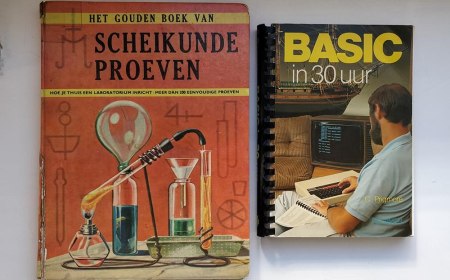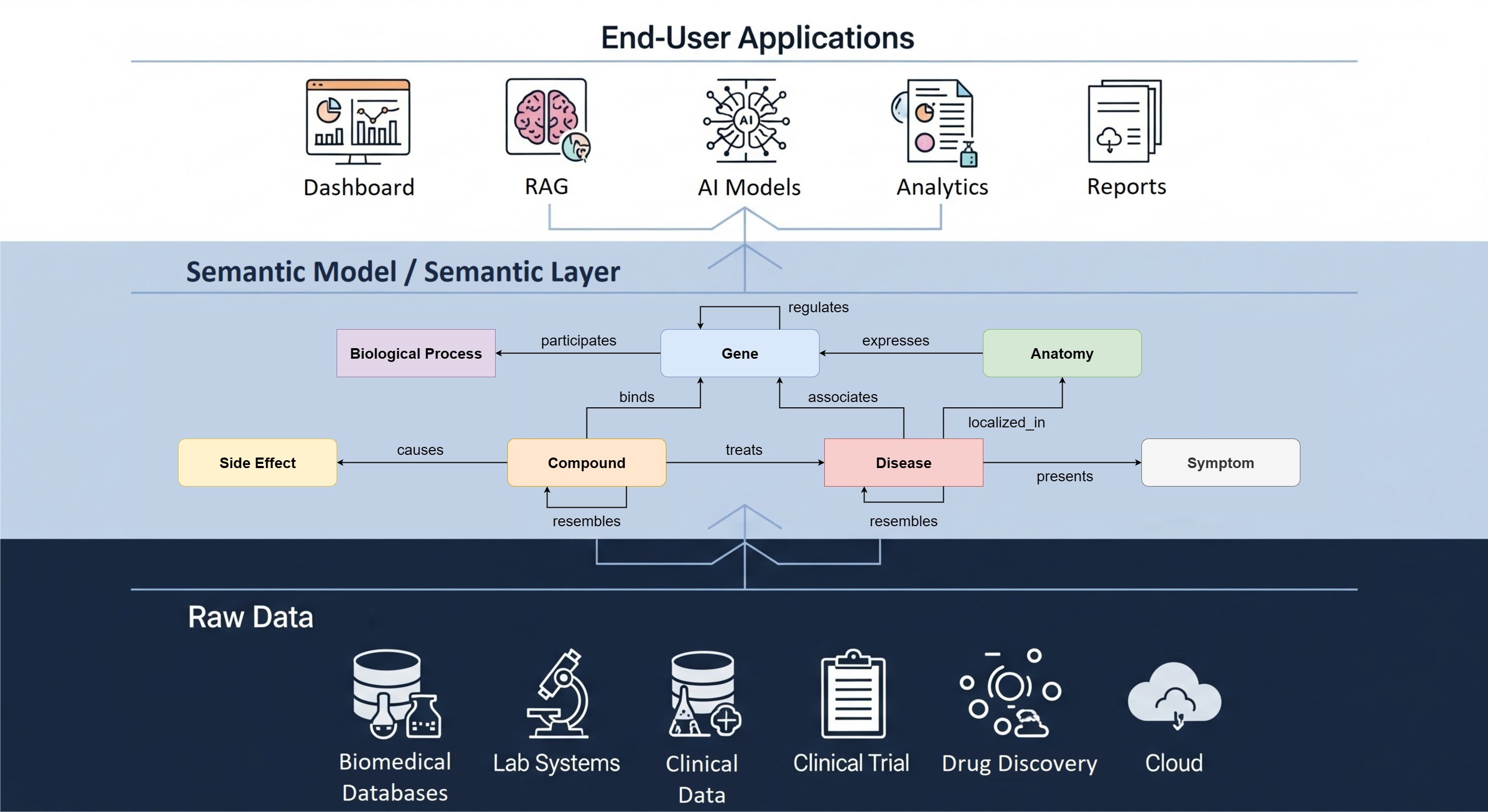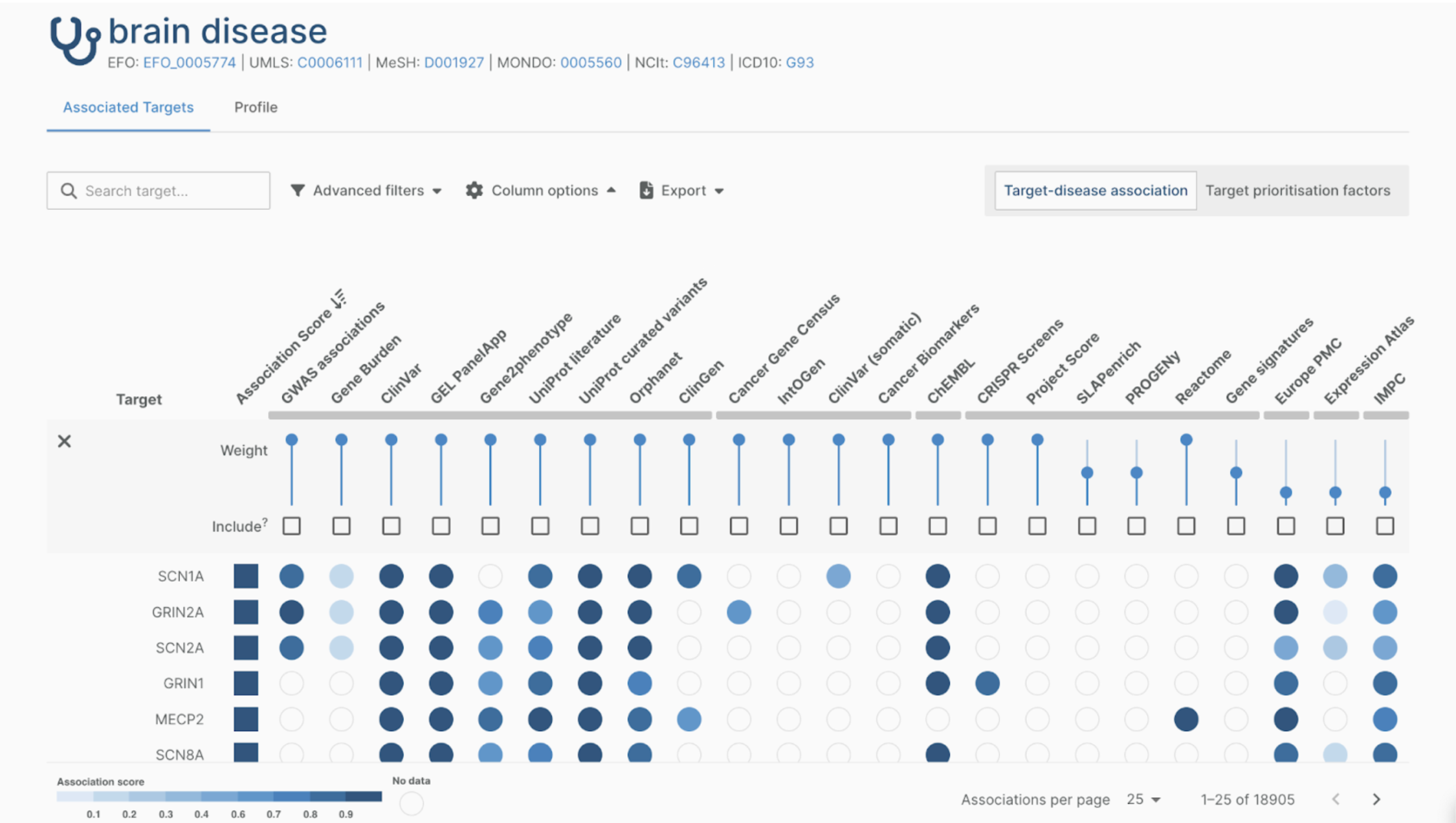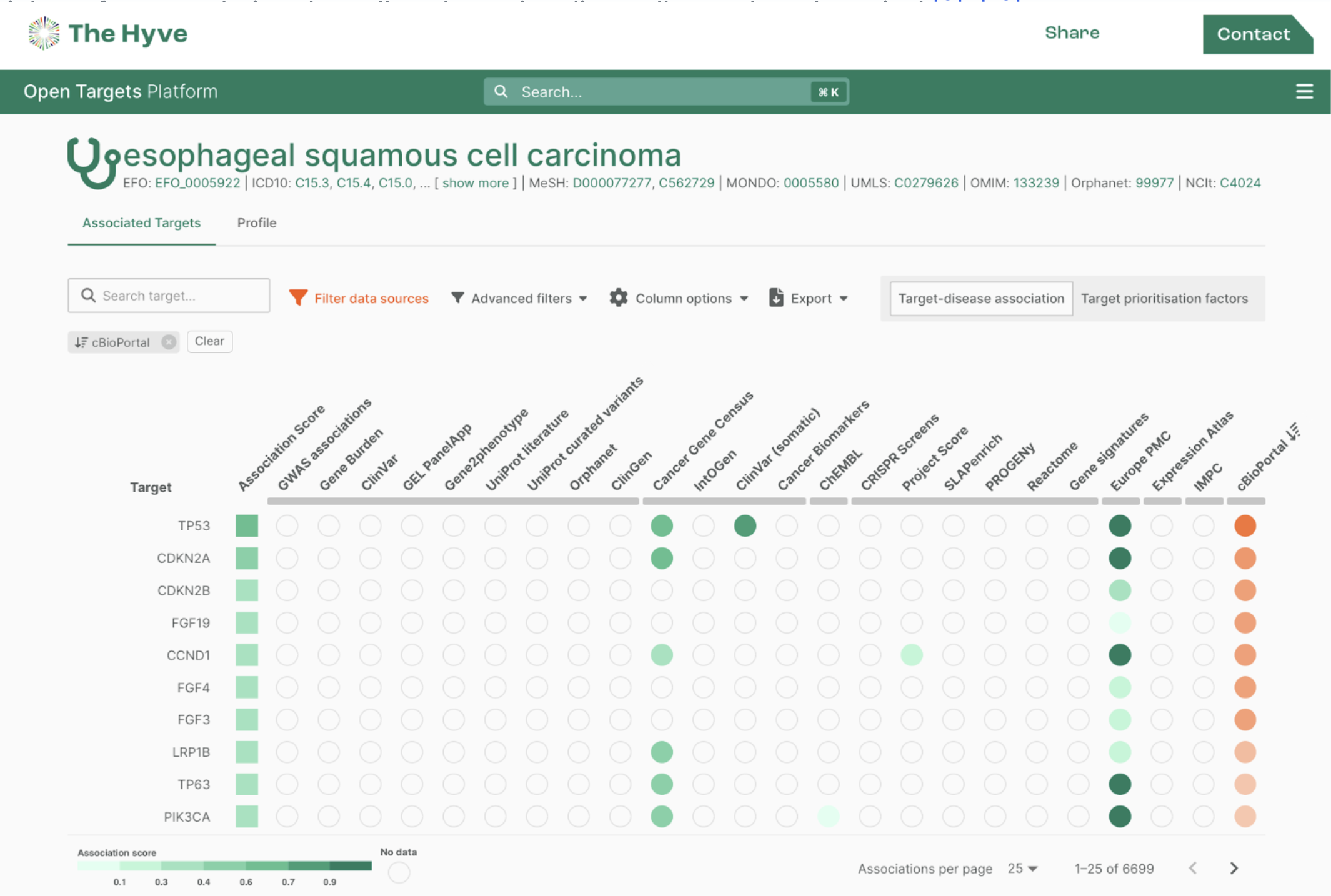Meet Semantic Modelling Expert Eelke van der Horst (45). He joined The Hyve in July 2020. From childhood, he has been interested in information technology, biopharmaceutical sciences and fixing technical problems. His studies and work experience gave him a sound knowledge of data mining, machine learning and semantic modelling. In his spare time, Eelke likes to further extend his knowledge by following online courses. Or you’ll find him in the gym, kickboxing.
Can you tell me about your background?
I have been interested in chemistry, pharmacy and informatics since childhood. When I grew up, I performed chemistry experiments wearing a lab coat, tinkered with radios and did some programming in BASIC.
The study of Biopharmaceutical Sciences in Leiden allowed me to combine those interests, especially my internship in cheminformatics at the department of Medicinal Chemistry. The main focus of cheminformatics is to apply data mining, machine learning and artificial intelligence to drug research. During my internship, I developed a program that predicted if virtual molecules would cross the blood-brain-barrier. Such information is valuable for pharmaceutical companies since it helps them rule out potential new drugs because of side effects.
After my studies, I also worked on a couple of projects for a small company involved with semantic web - a technology that was just emerging at the time.
I then worked for a spin-off company of the department of Medicinal Chemistry. I developed the user interface of a program aimed at finding new pharmaceutical agents and selling the program to customers.
Next, I returned to the department of Medical Chemistry to do a PhD, followed by a couple of postdoc positions in Amsterdam and Leiden.
From there, I moved to a company that specialized in semantic web and data integration. It did match my interest in informatics, but the biomedical and pharmaceutical aspect was missing. After a while, I realized I really wanted that back in my work. Luckily, around that time I got a job offer from The Hyve.
How did you get to know The Hyve?
During my postdocs in Amsterdam and Leiden I had already encountered The Hyve at meetings here and there and we were involved in the same projects. I just never considered applying for a job. When Harry contacted me because of my experience with semantic modelling and data engineering and work experience in biopharmaceutical research, it proved to be a perfect match.
Your focus is on semantic modelling and data engineering. Does your work mainly involve technical stuff, consultancy or a combination of both?
It’s a combination of both. About 50 percent of my time I’m working directly with clients and really enjoy that. Figuring out their needs and how these can be met by our solutions. I like the technical aspect of my job just as well. My colleagues at The Hyve are also very good at it, so the solutions we deliver are certainly the result of a concerted effort.
What do you like about working at The Hyve?
I appreciate the atmosphere of collaboration at The Hyve. Colleagues are welcoming, friendly and helpful. During coffee breaks there is an open discussion on all kinds of topics. The scientific and intelligence level is high, and yet the atmosphere is friendly. In academia, it’s much more competitive. You always have to find funding and prove you’re the expert through publishing. I like that at The Hyve, I can work on the things I love - biomedical research and developing technical solutions benefitting research - but without the competitiveness.
Can you mention an exciting development in your field?
An interesting development I recently came across is personal knowledge graphs as a driver for acceptance of knowledge graphs.
Usually we don't have to convince CEOs that this technology works. It’s a lot harder to convince employees that it's useful for their work and for the company. To them, it feels like an extra to-do on their task list while they already have enough work at hand.
The idea is that people build their personal knowledge graph at home using the notes they made in different programs, Roam or Hypernotes for example, the links they added and the pages they bookmarked in web browsers. By linking all this information you essentially create a network comparable to a mindmap: a personal knowledge graph. In this way, you not only create a comprehensive overview of information stored in different locations but you can also query the graph to discover new links for example.
The reasoning behind the personal knowledge graph is that once people experience the benefits of this technology, such as increased productivity, they would want to extend this to the enterprise or the lab. I don’t know if it’s going to work but I think it’s an interesting development.
What do you like to do when you're 'off-duty'?
For sports, I’m into kickboxing. I’ve been doing it for a long time; at least twenty years. Now that the gyms have reopened, I’ve resumed training once a week.
Another pastime of mine is a bit of a nerd hobby: following online courses, for instance on Coursera. The courses I pick can be work-related, like an Agile course, or just out of personal interest, like the wine tasting course I did in the past. Apart from that, I like to read literature and listen to audiobooks.





